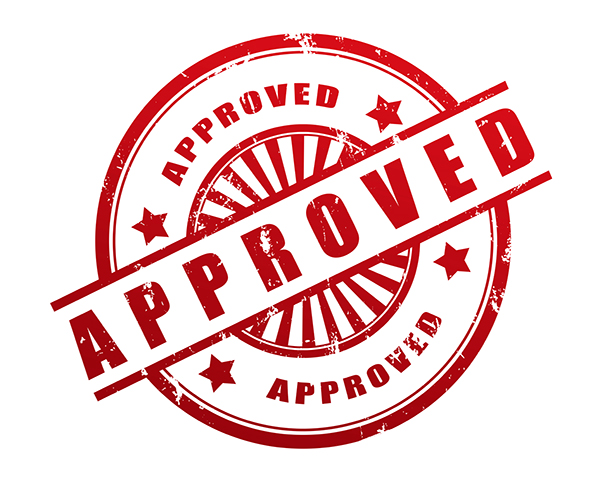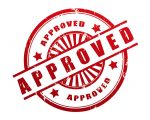Editor’s note:
Randy Fields, Chairman & CEO of Park City Group and CEO of ReposiTrak, will be featured in the keynote panel on the past, present and future of food safety journey at the upcoming Food Safety Consortium November 29, 2017 in Schaumburg, Il. He will discuss how to leverage technology and an approved supplier program to reduce a company’s risk. Here’s a preview of some of that content.
Everyone in the extended food supply chain, from ingredient and packaging suppliers through manufacturers and ultimately to the retailers or foodservice operators work hard to ensure the safety of the consumer. It’s why they’re in business. These companies also work to understand the various risks inherent in the supply chain and deploy comprehensive and repeatable processes designed to reduce the potential impact of those issues.
Selecting suppliers has inherent risks, so a comprehensive process is needed to mitigate any threats. Without properly vetting potential suppliers, companies may encounter existential challenges without the right tools needed to survive.
One of the most important areas for this risk mitigation is the approved supplier program which helps to ensure product quality standards are met. These programs are also required under the Preventive Controls portion of the Food Safety Modernization Act.
A best-in-class supplier approval process includes certifying suppliers, monitoring external and internal risk levers, continual and repetitive analysis to determine how programs are affecting the business and mitigating risk by planning for potential disruptions. It needs to be proactive and predictive to address the ever-changing consumer and business environments.
A successful supplier approval program attempts to address every foreseeable risk concern, from product recalls to supply chain disruptions. It is typically based on a standardized checklist that includes a comprehensive list of questions to assess a supplier’s food safety and quality systems. Sample questions focus on items like food safety certificates, compliance documentation, quality assurance programs, HACCP plans and third-party audits.
Supplier and product risk assessment is a critical element of the supplier approval program. Companies need to examine hazards that could contaminate products or create issues related to allergies. The risk assessment is usually a scorecard that establishes a series of levels and a baseline under which a supplier is not acceptable.
To ensure accuracy and consistency throughout the onboarding and subsequent procurement processes, companies should have a single repository of supplier information. Having a centrally located database of supplier information and required documentation will not only increase efficiency, it can help maintain compliance and give your organization the visibility it needs to take action. This database should include details on the approved primary suppliers and any potential risks associated with the supplier or its products. The system should have a process to conduct ongoing monitoring of suppliers to ensure that agreed upon standards are maintained.
Once the supplier approval program is up and running, it needs to be monitored constantly or the risks companies are trying to mitigate will return. Managing risk is not a one-time event., nor is managing supplier information. Implementing a process where established suppliers will update their information annually will help ensure companies are working with the most current information.
The bottom line is that a company’s reputation may be tarnished if there is a product recall or worse. Ensuring approved procedures and processes are followed every time a new supplier or product is considered will greatly help to mitigate the risks involved.





